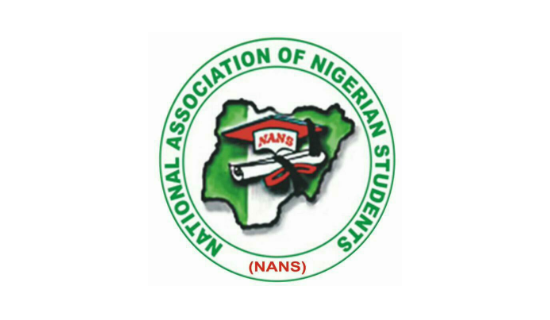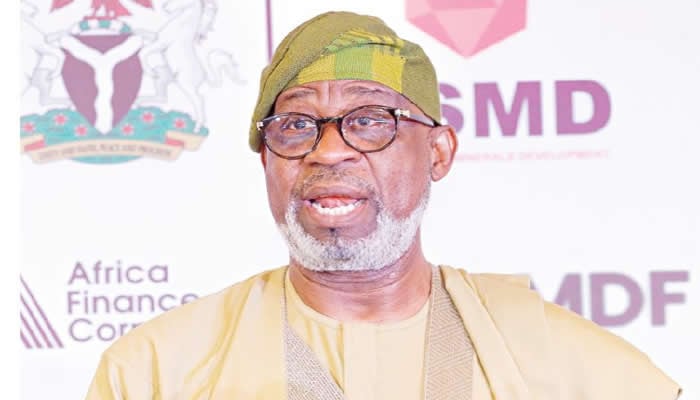The National Association of Nigerian Students (NANS) has given the Federal Government and the Academic Staff Union of Universities (ASUU) a seven-day ultimatum to resolve their lingering dispute and avert another strike that could cripple the academic calendar.
In a statement released on Wednesday and signed by NANS President Olushola Oladoja, the students’ body expressed deep concern over the renewed tension between the government and ASUU, warning that another disruption would be “totally unacceptable” to Nigerian students.
Oladoja noted that the education sector had enjoyed two uninterrupted academic years under President Bola Tinubu’s Renewed Hope Administration, something the country hadn’t witnessed since 1999. However, he said ASUU’s recent strike threat now threatens that record of stability.
“It is in this spirit that NANS appeals to both ASUU and the Federal Government’s negotiation team to find a workable and lasting solution within the next seven days,” Oladoja said.
“Many Nigerian students, now studying through educational loans, cannot afford to have their academic calendar disrupted or their years on campus extended again.”
The NANS president praised President Tinubu’s education policies — including the Nigerian Education Loan Fund, the removal of tertiary institutions from IPPIS, the reversal of the 40% IGR remittance policy, and special TETFund interventions — describing them as evidence of the government’s commitment to improving education and student welfare.
However, he lamented that delays in implementing agreements with ASUU and poor communication had reignited unnecessary friction between both parties.
Oladoja also disclosed that NANS’ investigations revealed that a recent meeting convened by the federal government to address ASUU’s grievances was boycotted by the union over procedural issues.
“We have received assurances from both sides that they are willing to return to the table once the meeting is properly reconvened,” he said, urging the government to act quickly to bridge the communication gap.
He appealed directly to President Tinubu to personally intervene and prevent the progress achieved in the education sector from being undone.
“If this impasse is not resolved within seven days, it risks eroding the goodwill and stability recorded under this administration,” Oladoja warned.
“Now is the time for dialogue, understanding, and decisive action — the future of millions of Nigerian students depends on it.”
Read Also;
N’Assembly wades into ASUU, FG dispute
ASUU had on Monday begun a two-week warning strike following the expiration of its 14-day ultimatum to the government.
The union’s demands include the implementation of the renegotiated 2009 ASUU-FGN Agreement, payment of withheld salaries and arrears, revitalisation of public universities, and sustainable funding for tertiary institutions.
Other grievances cover the payment of 25–35% salary arrears, promotion arrears spanning over four years, and the release of withheld cooperative deductions.
The renegotiation of the 2009 agreement has dragged on since 2017, despite several committees — including the most recent one led by Yayale Ahmed, which submitted its report in December 2024 — but whose recommendations are yet to be implemented.
Meanwhile, the Minister of Education, Tunji Alausa, has directed university vice-chancellors to enforce the government’s “No Work, No Pay” policy for lecturers participating in the strike, a move that has triggered widespread anger among academic staff.
The ongoing strike has already disrupted examinations in several universities nationwide, leaving students and parents anxious over yet another potential breakdown in the country’s fragile academic calendar.




